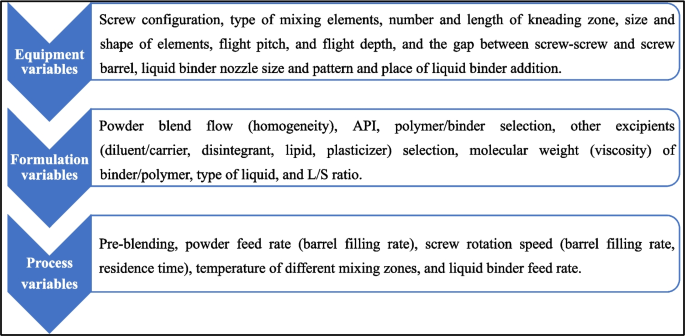As pharmaceutical development advances, formulators face increasing challenges related to the solubility and absorption of modern active pharmaceutical ingredients (APIs). The complexity of new drug compounds, including small molecules and biologics, necessitates innovative formulation strategies that ensure efficacy and regulatory compliance. Amid these challenges, lipid excipients have emerged as a reliable solution, enhancing in vivo performance without compromising scalability or safety.
Lipid excipients leverage natural digestive processes to improve API solubility and absorption, facilitating the development of self-emulsifying drug delivery systems (SEDDS) that maintain drug supersaturation and enhance permeability. This is particularly critical for poorly soluble compounds, where lipid-based formulations can modulate tight junctions and enable lymphatic uptake, thereby bypassing first-pass metabolism. Furthermore, lipid excipients mitigate food effects, ensuring consistent drug absorption regardless of dietary intake, which is increasingly important as regulatory agencies emphasize the need for early food effect studies in drug development.
By incorporating lipid excipients into formulation strategies, pharmaceutical companies can navigate the complexities of modern drug delivery, transforming challenging molecules into effective therapies while maintaining a strong safety profile. This approach not only addresses current formulation challenges but also paves the way for the next generation of oral biologics, underscoring the critical role of lipid technology in the future of pharmaceutical innovation.
Use the database as your supply chain compass →



